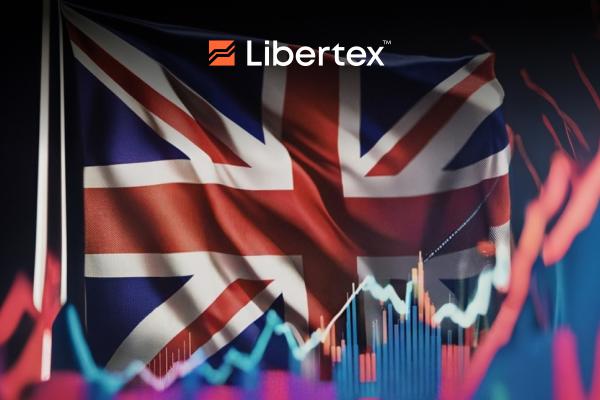Between the US presidential election and the drama in the Middle East, little attention has been paid to the island nation of Great Britain. However, with a burgeoning bond crisis in the making, the little United Kingdom could just have a rather large and sweeping impact on world markets. Gilt yields currently sit at their highest level since 2008, with the 10-year currently at 4.855% and the 2-year clocking in at 4.596% (as of 15/01/2025). While this might seem attractive at first glance, what it represents is a flight of over £100 million, as institutions continue to see the British pound and UK economy at large as a "bad investment". The effect on sterling has been similarly negative, with the pound sterling losing almost 3% against the US dollar since the start of the year.
As much as this is problematic for the UK, the impact could reach much farther since selloffs on the FTSE 100 are likely to follow, which, in turn, could prompt a Europe-wide panic. The crux of the issue lies in Labour's budget from last autumn, which provides for £70 billion of additional spending funded by enhanced borrowing and higher taxes. The left-of-centre party is gambling on a large short-term injection of public funds stimulating longer-term private equity investments, but several months later, the market appears unconvinced of this strategy. So, what are the factors that will dictate the success or failure of this move, and what are likely to be the impacts on the UK and global markets?
Watch your macros
As with any radical economic policy, the wider macroeconomic situation will play a key role in its success or failure. The relatively high-interest rate environment will inevitably leave its mark on a stimulus package that relies heavily on additional borrowing. The Bank of England raised interest rates from 0.1% to multi-decade highs of 5.25% in the space of just two years. And even with the BoE's two 25-bps rate cuts in 2024, from what would have been an almost negligible premium on £70 billion in 2021 and 2022, the cost still stands at a sizable £3.5 billion per year.
Now, this would not necessarily be a problem if demand for gilts were to remain high, but it seems that many investors are not convinced that the increased yield is worth the expected devaluation in the pound. After all, at least a third of UK bonds are owned by foreign investors, and the safety of the US dollar must look much more enticing, especially with an "America First", business-friendly administration now in power. There could be some silver lining in today's CPI figures, which show that inflation is now down at 2.5%. It could pave the way for a further rate cut and help control gilt yields and buoy equities, at least in the short term. One final positive factor could be the GDP figures that are set to be released on 16 January. The projected 0.2% increase, if forthcoming, would help to reinvigorate the bond market, but only if the Cable can stabilise at somewhere around 1.20.
Roll the dice
Much has been said already about the effect of the new Labour budget on confidence in the national currency, but it's important to note that this is still a gamble that could pay huge dividends. Higher taxes may have alienated business leaders at first, but history shows that companies tend to adapt over time, and there's no doubt that new finance minister Rachel Reeves' stated aim of reducing debt costs as a portion of the national income is a worthy and necessary one. In actuality, though, the October budget was quite favourable to bigger businesses. It held corporate income tax steady at 25% and increased Business Asset Disposal Relief (BADR) rates, with most of the additional burden being attributed to national insurance increases.
The latest GDP numbers (+0.2%) would appear to show that the strategy appears to be working, at least in one dimension. And while the cost of borrowing still remains fairly high at 4.75%, the lower level of inflation means that the Bank of England can safely make another two 25-bps cuts this year. The response of the FTSE 100 has been more or less muted, with the key index gaining less than 2% since the budget was announced. However, these modest returns have been mirrored across the US S&P 500 and EURO STOXX 50, so this is hardly cause for serious concern. However, if the BoE is able to make multiple cuts this year, we will likely see gains across UK stocks as risk assets become more attractive.
Trade UK stocks and more CFDs with Libertex
Libertex offers a vast CFD offering comprising everything from metals, ETFs and forex to indices, crypto and individual stocks. Buy and sell — with or without leverage — a wide range of CFDs on UK-focused underlying assets like the FTSE 100, iShares MSCI United Kingdom, GBP/USD and EUR/USD, with industry-leading terms and conditions. For more information or to create an account of your own, visit www.libertex.com/signup today.


